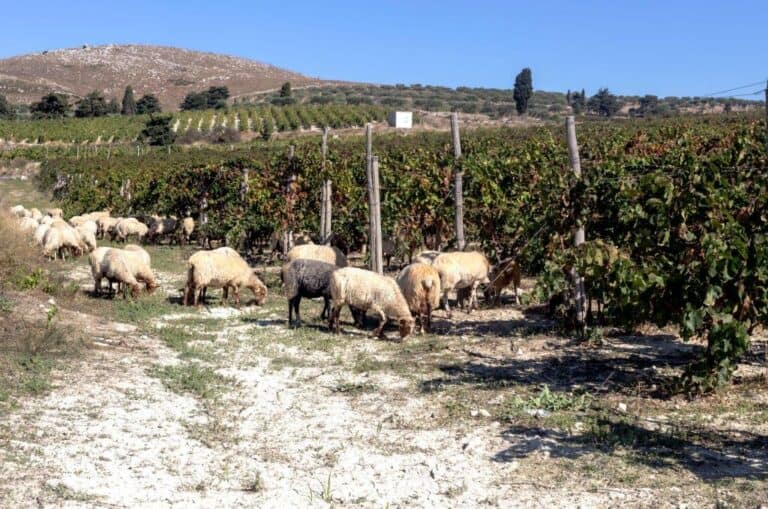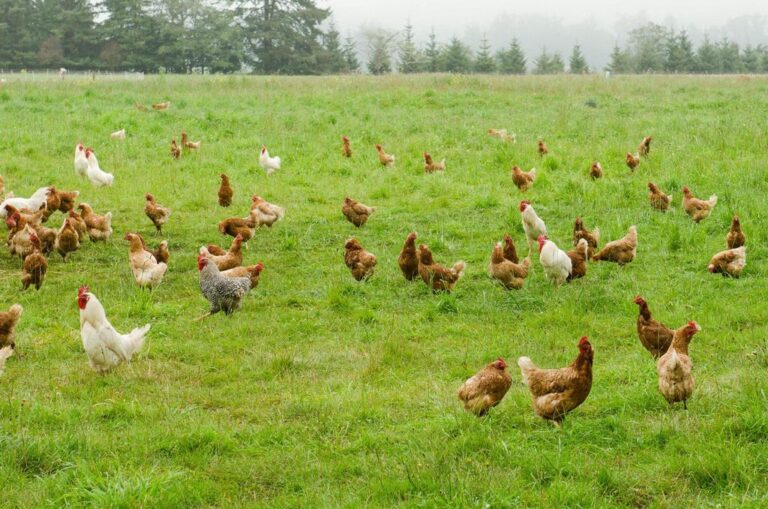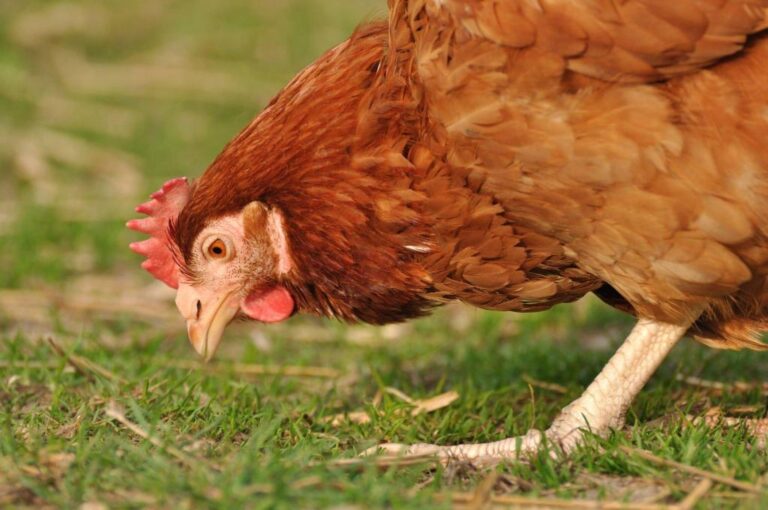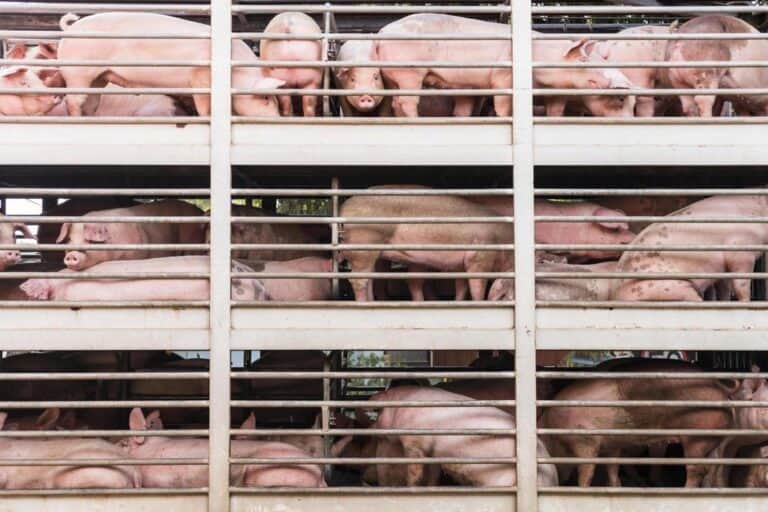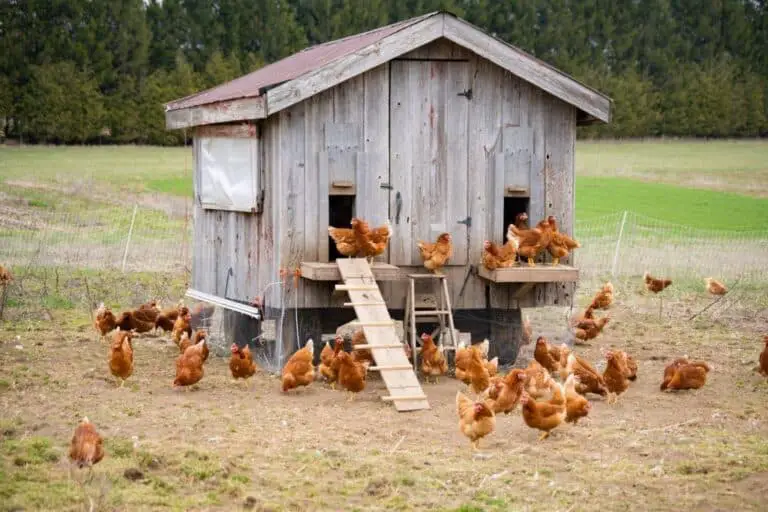Dorking Chickens 101: Characteristics, Care, and Benefits
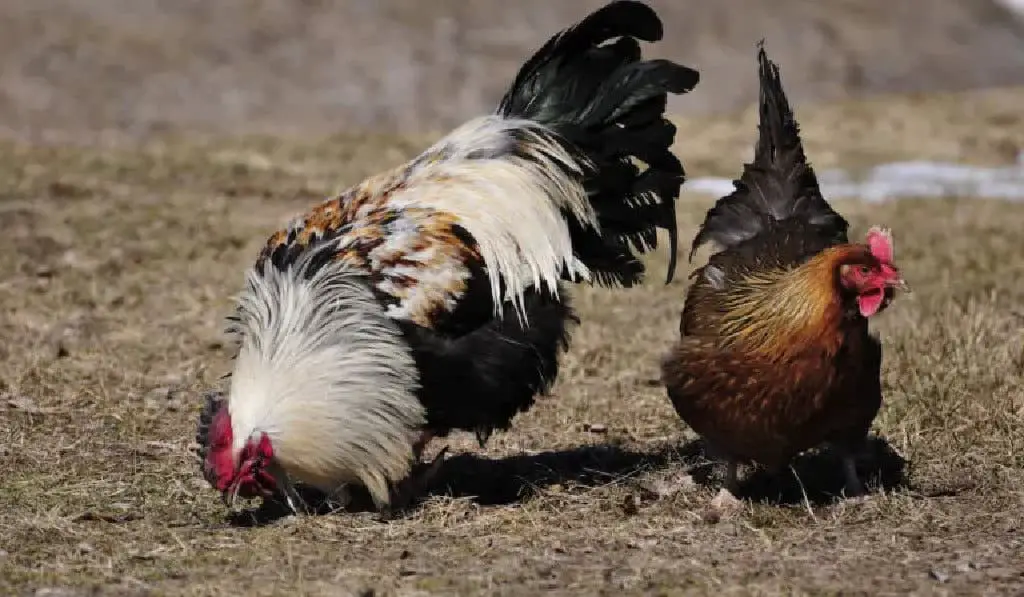
As an avid backyard chicken keeper, I’ve had my fair share of feathered friends, but Dorking chickens hold a special place in my heart. Known for their unique features and friendly personalities, these birds bring a blend of beauty and practicality to my coop.
If you’re curious about Dorking chickens, you’re in for a treat! In this post, I’ll share everything I’ve learned about their characteristics, care requirements, and the benefits they bring to my flock.
A Brief History of Dorking Chickens
Let’s kick things off with a little history. Dorking chickens date back to ancient Rome and have graced English farms since the 16th century. Named after the town of Dorking in Surrey, England, these birds were once considered a delicacy in the royal courts. With their rich history, Dorkings are not just ordinary chickens; they represent a tradition of poultry keeping that has stood the test of time.
Distinctive Characteristics
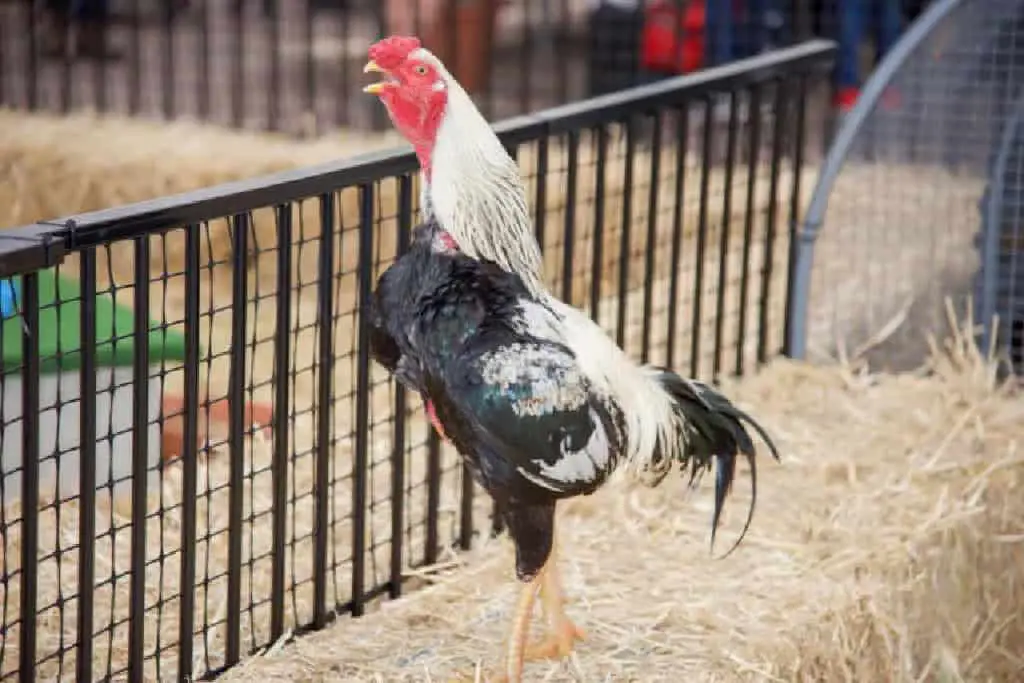
Dorking chickens are hard to miss, thanks to their unique physical traits. Here’s what makes them stand out:
- Five Toes: Unlike most chickens that sport four toes, Dorkings flaunt five. This quirky trait gives them a unique appearance and is one of the breed’s defining characteristics.
- Stocky Build: Dorkings have a solid, muscular frame, making them look robust and sturdy. Their broad bodies and strong legs give them an impressive presence in the coop.
- Gentle Temperament: These birds are known for their calm and friendly nature. I’ve found Dorkings to be quite sociable, making them a joy to have around.
- Variety of Colors: Dorking chickens come in several colors, including white, red, and blue. The rich hues of their plumage add a splash of color to any backyard.
| Characteristic | Description |
| Toes | Five toes, unique to the breed |
| Build | Stocky and muscular |
| Temperament | Calm, friendly, and sociable |
| Colors | Available in white, red, blue, and more |
Dorking Chicken Key Traits Information
| Average Weight of Standard Male: | 10 – 14 lbs. |
| Average Weight Standard Female: | 8 – 10 lbs. |
| Use: | Dual-purpose breed raised both for meat and for eggs. |
| Egg Size: | Medium to large |
| Egg Production: | 100 per year |
| Lifespan: | 8 years |
| Climate Tolerance: | Mild climates |
| Color: | Silver Gray, White, Red, Cuckoo, Colored |
| Temperament: | Friendly and non-aggressive. |
The Care of Dorking Chickens
Now that we’ve covered what makes Dorking chickens unique, let’s talk about how to care for them. Caring for these birds is not too different from other chicken breeds, but there are a few specifics to keep in mind.
Housing Requirements
Creating a comfortable living space for my Dorking chickens was one of the first things I did when I added them to my flock. Here are some tips for housing:
- Spacious Coop: Dorkings enjoy a bit of space to move around. I ensure my coop has enough room for them to stretch their legs without feeling cramped. A good rule of thumb is at least 4 square feet per bird inside the coop.
- Ventilation: Proper airflow is essential in keeping my chickens healthy. I make sure to provide adequate ventilation to reduce moisture buildup and prevent respiratory issues.
- Bedding: Using straw or wood shavings as bedding helps absorb moisture and control odors. I clean the bedding regularly to maintain a fresh environment for my birds.
Feeding Dorking Chickens
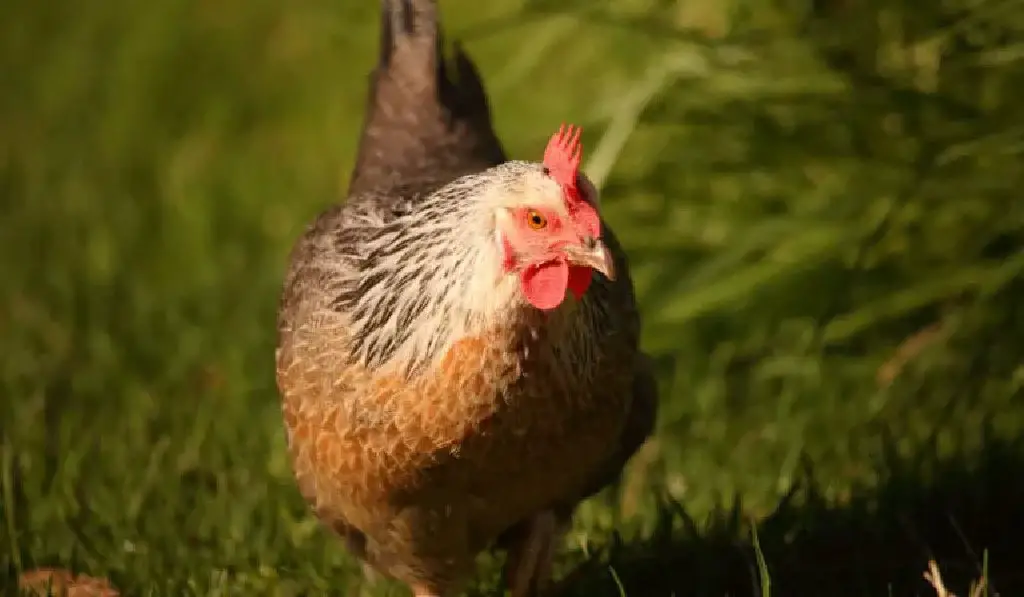
When it comes to feeding my Dorkings, I take their nutritional needs seriously. Here’s what I’ve learned:
- High-Quality Feed: I provide my chickens with a balanced diet consisting of high-quality commercial chicken feed. Layer feed with around 16-18% protein ensures they get the nutrients they need for optimal health and egg production.
- Supplements: I occasionally add supplements to their diet, like crushed oyster shell for calcium and grit to aid in digestion. Fresh fruits and vegetables also make a great addition to their diet, giving them some tasty variety.
- Fresh Water: Clean, fresh water should always be available. I change their water daily to keep it free from contaminants and ensure they stay hydrated.
Health Considerations
Keeping my Dorking chickens healthy is a priority. I’ve learned a few essential health tips to ensure they thrive:
- Regular Checkups: I inspect my chickens regularly for signs of illness or distress. Healthy chickens have bright eyes, clean feathers, and a good appetite. If I notice anything unusual, I consult a vet who specializes in poultry.
- Vaccination: Ensuring my chickens receive vaccinations against common diseases helps keep my flock safe. I research the necessary vaccinations for my area and work with my vet to schedule them accordingly.
- Pest Control: I stay vigilant against pests like mites and lice. Regular cleaning and using natural remedies, like diatomaceous earth, help me keep these pests at bay.
The Benefits of Dorking Chickens
Now that we’ve covered care, let’s dive into the benefits of keeping Dorking chickens in your backyard. Trust me; you won’t regret adding these delightful birds to your flock!
Excellent Egg Layers
One of the primary reasons I fell in love with Dorking chickens is their egg-laying abilities. Dorkings are known for their consistent egg production. Here’s what I love about their eggs:
- Egg Quality: Dorking hens typically lay medium to large brown eggs. The eggs have rich flavor and sturdy shells, making them perfect for baking and cooking.
- Production Rate: While they may not be the highest producers compared to commercial layers, Dorkings offer a steady supply of eggs throughout the year. I appreciate the reliability they provide.
Friendly and Sociable
The friendly temperament of Dorking chickens makes them a perfect fit for families. Here’s why I love their personalities:
- Easy to Handle: Dorkings are calm and easy to handle, making them great companions for children and newcomers to chicken keeping. I find myself spending time with them in the yard, and they often come running for treats.
- Social Creatures: These birds thrive on social interaction, so I love watching them mingle with each other and even with me. They add a lively atmosphere to my backyard.
Adaptability and Hardiness
Dorking chickens adapt well to various climates and conditions. Their hardiness makes them suitable for different environments. Here’s what I’ve experienced:
- Resilience: Whether facing cold winters or hot summers, Dorkings maintain their health and vigor. I appreciate their ability to thrive in different weather conditions, which makes them a reliable breed.
- Low Maintenance: Compared to some other breeds, Dorkings require relatively low maintenance. Their hardiness means I spend less time worrying about their care and more time enjoying their company.
Conclusion: Why You Should Consider Dorking Chickens
In conclusion, Dorking chickens are more than just a beautiful addition to my backyard; they bring a wealth of benefits. With their unique characteristics, friendly personalities, and reliable egg production, these birds have made my experience as a chicken keeper all the more enjoyable. If you’re considering adding to your flock or starting anew, I highly recommend giving Dorkings a chance. They might just become your new favorite feathered friends!

